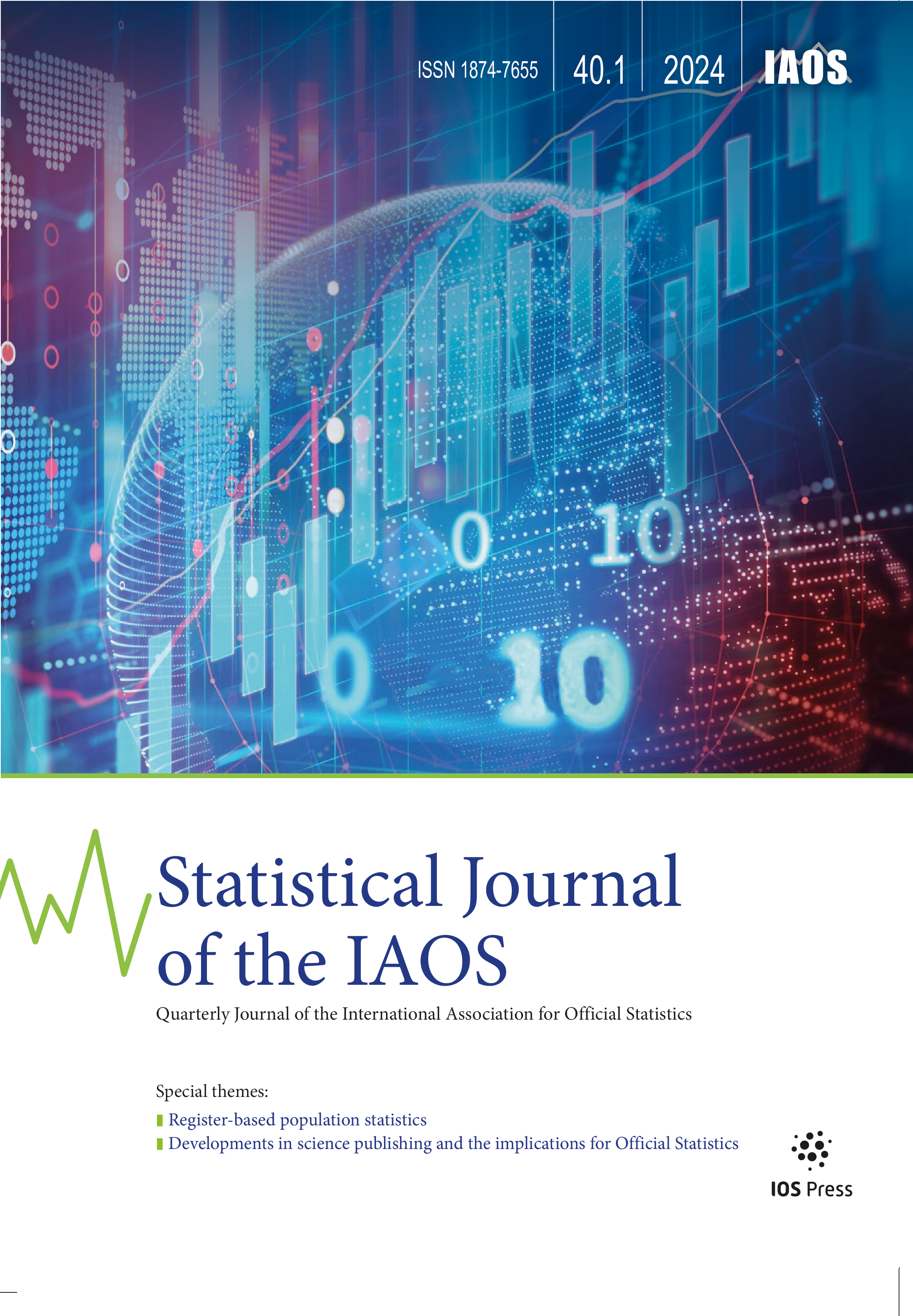Authors: Carter, Jackie | Méndez-Romero, Rafael Alberto | Jones, Pete | Higgins, Vanessa | Samartini, Andre Luiz Silva
Article Type:
Research Article
Abstract:
EmpoderaData – from the Spanish word empoderar ‘to empower’ – is a partnership research project between the University of Manchester (UK), Fundação Getulio Vargas (Brazil), Universidad del Rosario (Colombia) and Data-Pop Alliance (US and France). The project builds upon a successful data-driven, research-led paid internship programme in the UK (Q-Step) which enables undergraduate social science students to practise data skills through immersion in the workplace. Two-hundred and fifty students have benefited from the Q-Step programme in six years, many graduating into analytical careers in civic society and industry. EmpoderaData aims to build on this experiential learning initiative by developing
…a data fellowship programme in order to foster and develop data literacy skills in Latin America, led by the need to address society’s most pressing issues and using the framework of the Sustainable Development Goals (SDGs). EmpoderaData Phase 1 explored whether the internship model would have relevance and usefulness within the context of three Latin American case study countries (Brazil, Colombia and Mexico). The team set out to establish a baseline of the state of data literacy and existing training programs in Brazil, Colombia and Mexico. As part of a ‘Big Data for the Common Good’ event, a workshop was held in São Paulo with thirty participants representing data literacy advocacy or policy formation and drawn from civil society, academia, the private and public sector. The main conclusions from this first phase are: (1) the most requested data literacy training need is for basic skills, including introductory statistics, foundation data analysis and methodological skills; (2) paid data fellowship models are acknowledged as a useful intervention; and (3) the notion of a ‘hybrid’ professional to build data literacy capacities for ‘social science’ purposes provides a practical way forward. In the EmpoderaData Phase 2 project our focus was on Colombia to explore the challenges and opportunities of developing a pilot data fellowship model there. Engaging with national, regional and international capacity development efforts, this highlighted a demand for partnerships between universities and organisations working on the social challenges represented by the SDGs. Partnerships ensure that the in-country data literacy pipeline is strengthened in a home-grown, self-sustaining way, producing a steady flow of data literate graduates into the institutions and sectors where critical data skills are most needed. We report on how the EmpoderaData project is exploring working with students studying Science, Technology, Engineering and Mathematics (STEM) degrees at the Universidad del Rosario, to improve the application of statistical methods to the social sciences. The aim is to strengthen STEM skills and develop youth empowerment across Colombia, urban and rural areas, to improve the quality of statistical education at the national level, and support the skills needed to deliver the SDGs. In parallel, the Fundação Getulio Vargas (FGV) Business School in São Paulo agreed to trial the work-placement programme in their undergraduate business and public policy degrees through a programme entitled ‘The FGV Q-Step Center to improve quantitative skills in undergraduate business students’. This two-year-long funded study will enable us to explore the transferability of the internship model from the UK to Brazil. The paper will discuss how the programme was established (following the lessons learned from EmpoderaData), explain how this model will be implemented in FGV, especially paying attention to how the curriculum will develop to support it, and how the impact of the programme will be monitored. The knowledge exchange generated from this study will complement the research conducted through the EmpoderaData project. The paper will cover the progress of the EmpoderaData project and FGV-Q-Step Center to date and explore how we are developing these initiatives, the challenges we have faced, and how through partnership working we are developing capacity building in statistical and data skills training.
Show more
Keywords: Sustainable development goals, data skills, statistical literacy, educational innovation, internships
DOI: 10.3233/SJI-210842
Citation: Statistical Journal of the IAOS,
vol. 37, no. 3, pp. 1009-1021, 2021





